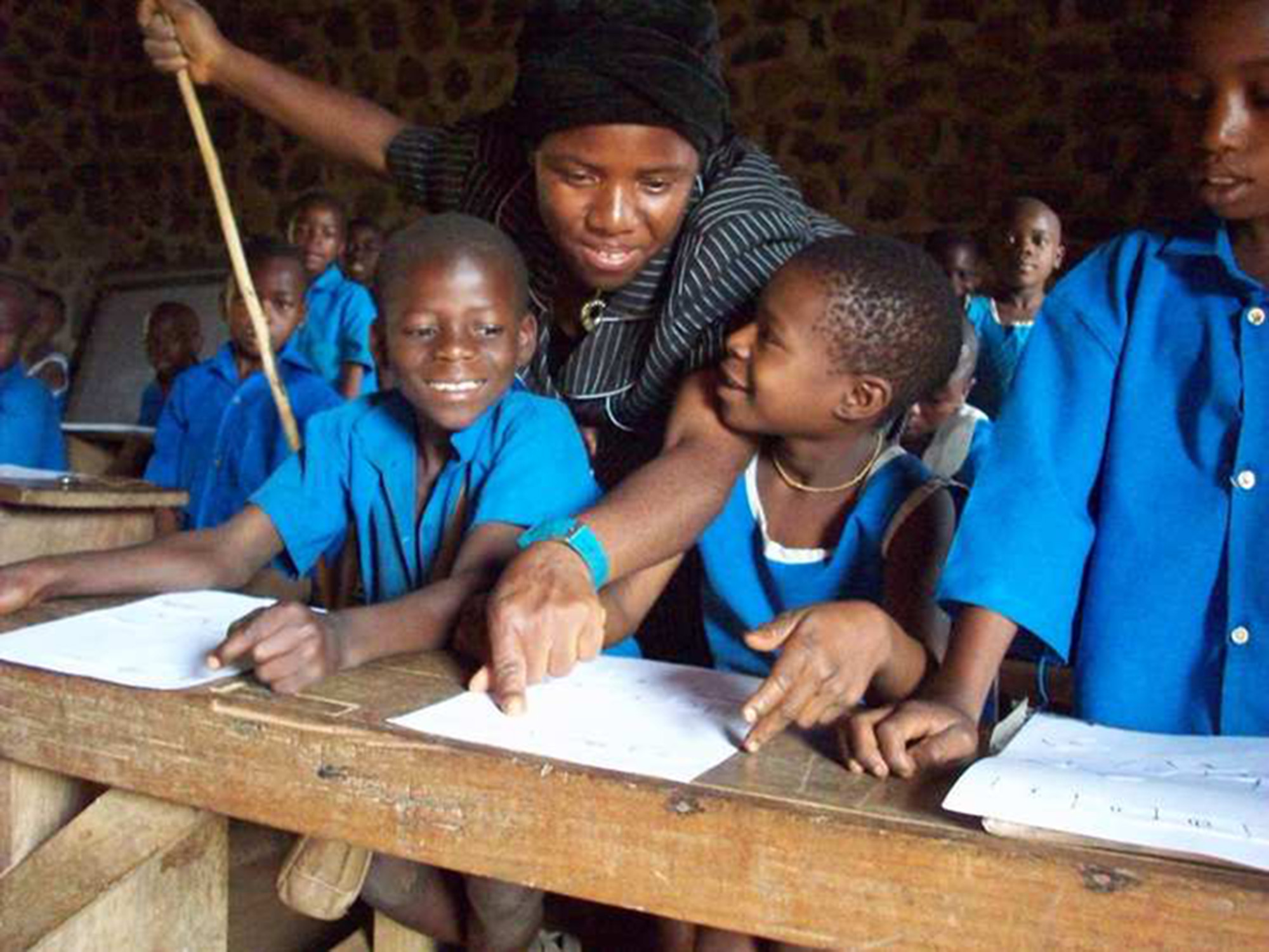When Everybody Reads, We All Win:
/Have you seen this advertisement?
It introduces us to a nine (and a half)-year-old boy named Owen who, despite his severe mobility-limiting condition, enjoys the support of his community of friends as he manages to master a video game with a little help from the X-Box Adaptive Controller. The advertisement culminates with the statement that “When everybody plays, we all win,” and demonstrates one positive outcome of Microsoft’s mission to create accessible technology.
“When everybody plays, we all win” is a beautiful sentiment, and it is so true. If children can engage in the common language of their peers (in this case, the language of gaming), the end result is a richer, more vibrant community. The tools Owen now has at his disposal have increased his ability to positively engage with his friends.
This is exactly how we feel about reading.
A formally educated child is not somehow better than an uneducated one, but we live in a world that is increasingly designed for people who do have a formal education. So those who can read (and write) are better equipped to engage in the language and world of their peers.
When children and adults are taught to read and write, a raft of positive benefits come along with their newly expanded world. Knowledge is indeed power, and the power to read and write protects vulnerable people from being taken advantage of. It protects young women from forced child marriage and lowers instances of FGM. When people learn to read and write, their poverty level decreases and their general health increases as they gain new access to the tools required to engage in and with the global economy. And it isn’t just that an educated populace is protected from harm and has the tools to make more of a contribution in commerce—these people represent an enormous, untapped resource.
Who’s to say what little boy or girl in some remote village somewhere might not grow up to be the next Albert Einstein, Louis Pasteur, or Marie Curie? What masterpiece of music or fiction might not be written if a marginalized child is never given the basic tools to begin exploring the rich world of the arts? And what if that child is blind or has poor eyesight? Our latest version of Bloom includes tools for creating books that are accessible to the visually impaired - just one of the ways that we are committed to providing accessible technology as we seek to further our mission.
We here at SIL LEAD don’t do what we do because we think we’re better than the people we serve. We do it because we think those people are all amazing, and we want them to have more of an opportunity to share that amazingness with the world.
The world today is facing significant problems, and we have the best chance of solving them if we can draw on the gifts and abilities of the greatest number of people. When everybody reads, we all win. We’re excited to see what possibilities might open up in our lifetimes because of what an as-yet untapped populace can and will do.
Are you willing to be a part of that?


